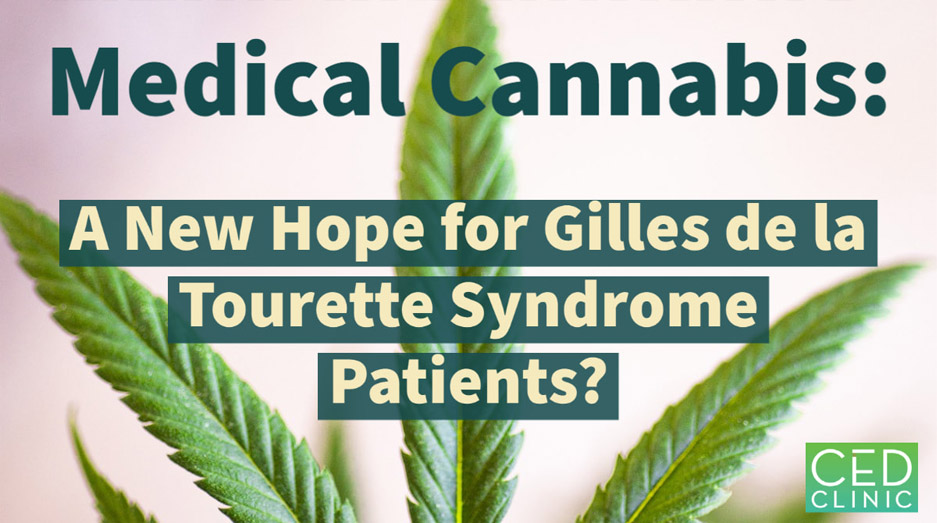Gilles de la Tourette syndrome (GTS) is a common neurodevelopmental disorder characterized by motor and phonic tics. This condition begins in childhood and continues throughout adulthood for half of its patients, with the current standard-of-care treatments offering only partial symptom relief while causing significant side effects.
In Israel, medical cannabis (MC) has been found by several small clinical trials to deliver symptoms relief for GTS with a relatively benign side effect profile. Subsequently, it was approved by the Israeli Ministry of Health for patients suffering from GTS suffering from significant impairments in daily living who failed to respond favorably to common medications. The assessment of its clinical benefit and adverse effects conducted by physicians at Tel-Aviv Medical Center recently revealed encouraging progress. Forty-two GTS patients treated with MC were interviewed via phone on treatment efficacy and adverse side effects of chronic MC consumption. On average, the global impression score of efficacy given by all patients was 3.85/5, indicating a quite high level of satisfaction. Thirty-eight (90%) reported benefits of some kinds from treatment. In particular, most patients considered reduction in tic severity, better sleep and improved mood as the major positive effects of MC. Only 10 patients (24%) elected to eventually stop treatment with MC for various reasons, which included severe side effects such as psychosis. Although these findings are encouraging, the author acknowledged that their study had a small number of participants and lacked rigorous controls, recommending that further clinical studies into this topic are highly needed.

